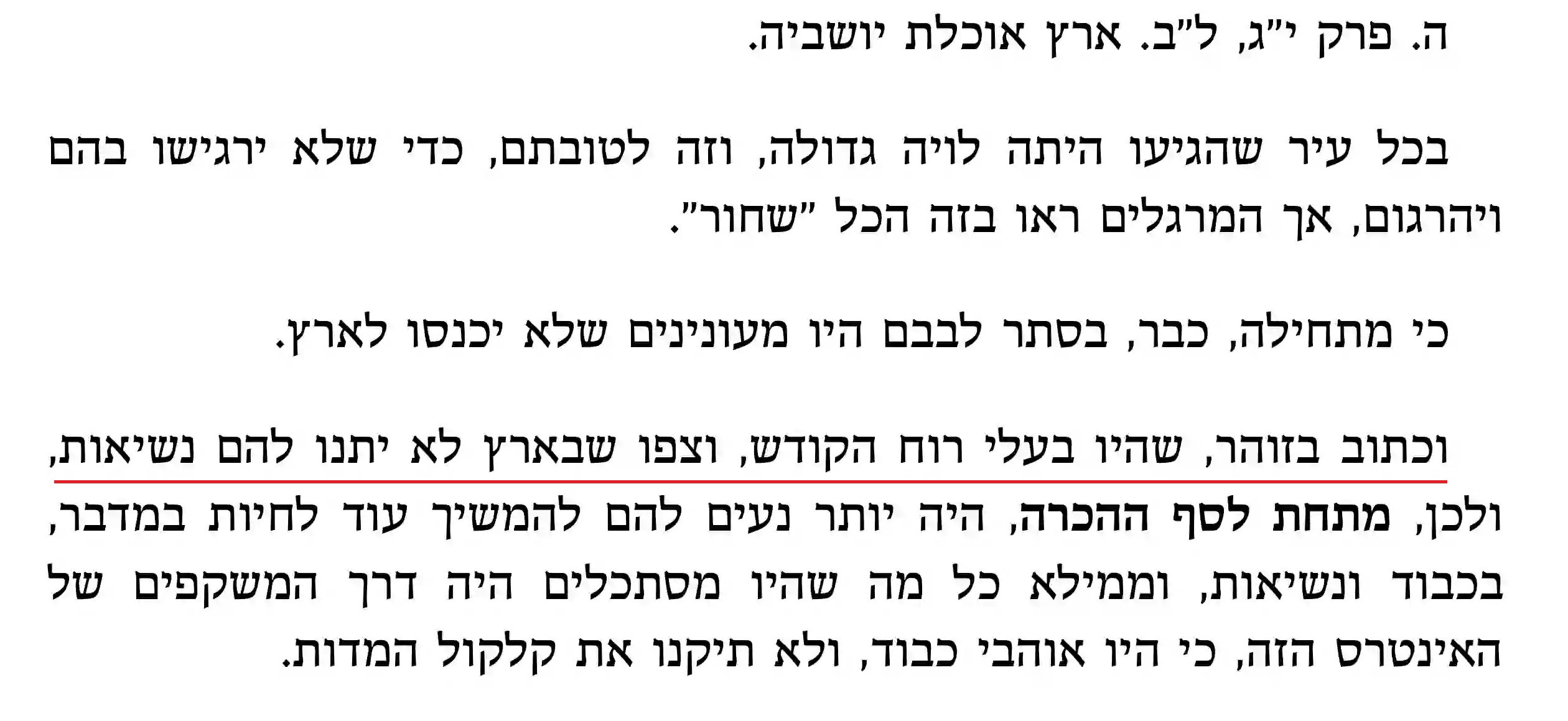If one pauses for a moment to reflect on the sequence of events mentioned in connection with the spies, the answer to your question becomes obvious.
First, it is clear from Rashi that the spies were at the very least righteous individuals at the beginning of their mission when Moshe chose them. And in fact, if the commentary of the Ohr HaChaim is considered,
עוד ירצה לומר להם שלא תהיה כוונת הליכתם למה שחושבים ישראל אלא למה שחושב משה בשליחות, והוא מאמר שלח לך למה שבדעתך ולא למה שבדעתם:
it seems more likely that their ultimate difficulties in regard to behavior may have been a consequence of who they were representing in their agency as spies for the entire nation. They were righteous on their own at the start but were influenced in the process of their agency because of who they represented.
But regarding the subject of whether they had some sort of prophecy pertaining to their ultimate fall from their status in connection with entering the land of Israel, the clear answer would be yes. And the source for this is hiding in plain sight.
At the time of the giving of the Torah, which preceded the episode with the spies, the entire nation experienced prophecy. And this prophecy comprised a revelation of the entire Torah. This is found in many places in both the oral and written Torah, like for example the Mechilta 20:8, and is accepted by everyone. It is one of the details recounted every Shabbat night in reciting the Lecha Dodi when we say שמור וזכור בדבור אחד כו׳.
For a more detailed discussion of this idea, how the letters of the text of the ten commandments actually contain all the mitzvot of the Torah, see the commentary Otzar Chaim of Rabbi Yitzchok Yehuda Yechiel Saprin in Chumash Heichal HaBracha.
To understand the enormous significance of this idea as it relates to G-d implanting the Infinite in all of His creation (that there is no place devoid of Him and there is no other apart from Him), consider the analogy in mathematics of the Mandelbrot set. The infinite is sensed almost tangibly from both the microcosmic and macrocosmic perspective. And this is also implied from the teaching of Rabbi Yochanan in Shabbat 105a concerning the first word of the ten commandments.
אָנֹכִי״, נוֹטָרִיקוֹן: אֲנָא נַפְשִׁי כְּתַבִית יְהַבִית.
But having these visions, this revelation of the Infinite which includes even ones self, doesn’t mean that those having the visions (meaning in this case, the spies) understood what the visions meant. To understand the proper meaning requires us to hear the teaching of Moshe Rabbeinu.
And in fact, this too is discussed in many places within the Torah in connection with the concept of seeing with a clear lense or seeing with a lense that isn’t clear like is found in Yevamot 49b.
And just for the record, proper understanding of prophetic visions and revelations was also something Moshe struggled with. Consider the matter of Nadav and Avihu and how it was only after the event played out that Moshe understood a prophetic vision that had been given to him before. As discussed in Midrash, Moshe originally thought the one to die was going to be him or Aharon.
So in short, no special source has to be pointed out to support the view expressed by the Zohar and explained by the Be’er Yosef on this subject. Rather it just requires properly understanding the information that we all have about this already.

